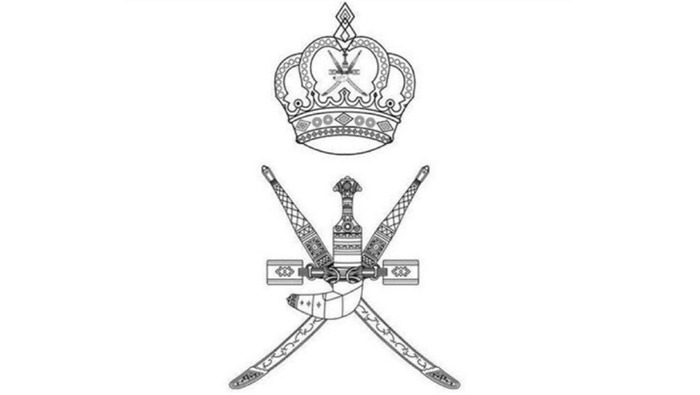
Muscat: The value-added tax (VAT) has become a reality in Oman. Oman has issued a decree to start levying a 5 per cent VAT in six months from now. That is, the VAT will become a part of our bills in the second quarter of 2021.
“VAT is going to be beneficial to the economy as it will boost government spending for the development of the country. This is of utmost importance for the government, keeping in view the drop in the oil prices and the negative impact of COVID spread. The government has also has been generous to give exemption to many goods and services like basic food commodities, medical care and related services, education and related services, financial services, undeveloped lands and so on,” said Davis Kallukaran, Managing Partner, Crowe Oman.
VAT is an indirect tax where the businesses play a key role in collecting the tax for the government. All the business-houses need to immediately start preparing for VAT implementation as it is going to bring a new compliance requirement. Businesses will have to bring changes in their standard operating procedures in finance, accounting, legal purchase and sales functions. Technology will have to be re-defined to adopt the effects of VAT. That is, businesses need to understand and map their supply chain process and transaction flow and ensure that necessary changes are incorporated in their internal processes.
Davis says that businesses need to ensure that VAT returns are submitted timely else there can be regulatory repercussion in terms of stringent penalties for non-compliance.
As per Aastha Rangan, Director VAT advisory, Crowe Oman, now there is no time for businesses to think or delay VAT implementation in their organisations. If corporates have not done an initial VAT impact analysis, then six months is less than sufficient time, to get ready and file the first VAT return in 2021.